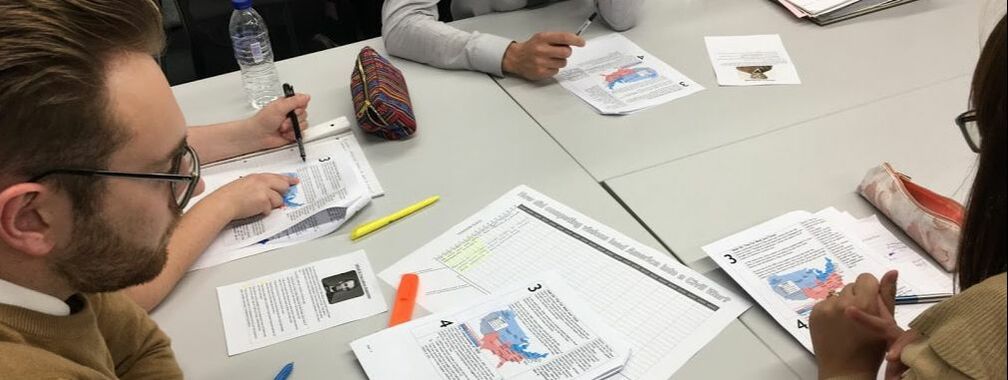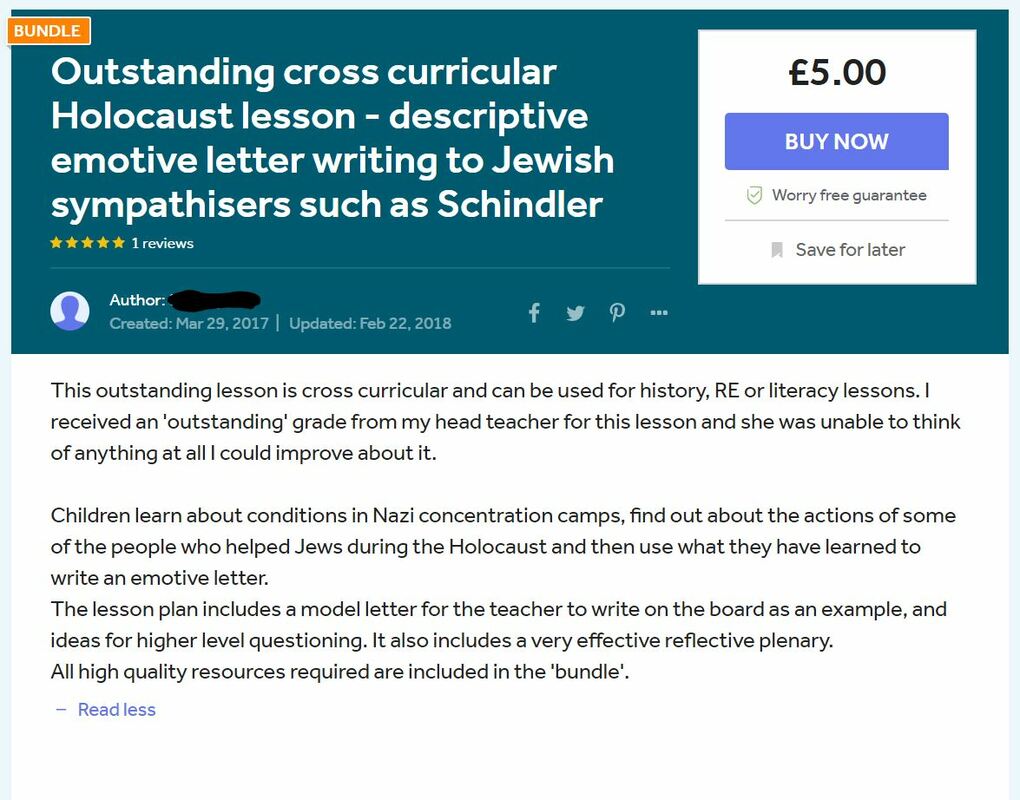Last January I published some key steps I thought the DfE might take to improve teacher recruitment and retention. Today I want to go back to these suggestions and consider them in light of the DfE's new strategy. First a quick reminder:
- Reduce confusion around training routes
- Ensure strong subject (or phase) specific training is in place
- Fund and support ITE and NQT mentors
- Reduce workload
- Improve pay and pensions
- Rethink bursaries
- Improve professional freedoms
- Leave supply models alone
A marked improvement?
Let’s start with the positives. It is certainly evident that the DfE has gone well beyond the measures we have seen in the last few years when considering their recommendations. There are welcome



 RSS Feed
RSS Feed
